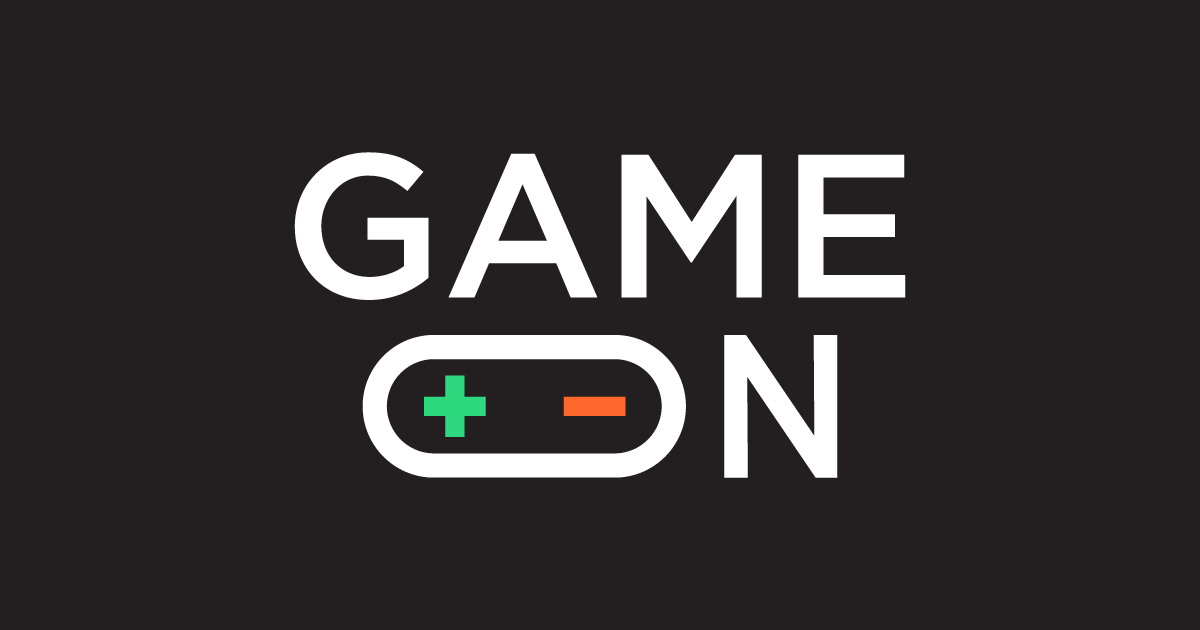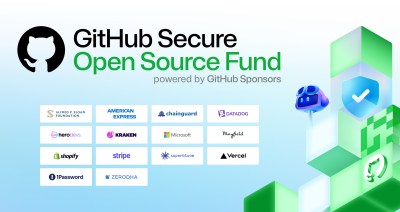Game On—what was it like to make games during the 80s?
Join us for a chat with Kevin Savetz and Steve Meretzky about developing video games for Infocom in the 1980s.

Game On I: The Great Quest for Imagination
Calling all retro-gamers: We’re hosting an event at GitHub HQ and via livestream this Friday. Don’t miss out—Kevin Savetz and Steve Meretzky will talk about what it was like to build games at Infocom (a gaming software company) during the 1980s.
Want a glimpse of how the talk will progress? Abandon every hope all ye who enter here!
It is Friday, April 26, 2019. You are standing at the door of a large, grey building. There are glass doors, with something above it all.It's the silhouette of an Octocat with five tentacles. >open door The door opens. You see guards to your left and a cafe to your right. There seems to be a not-so-dark passageway up ahead.>show id to guards One guard takes your id and slowly sizes you up. They do not seem convinced.Regardless, they present you with an unusually robust paper bracelet, it glows a faint yellow. >take bracelet Taken >south west You wonder what it was like to make and play games when the only shaders and render engines available at the time were in the player's mind...>_
Details
The event will be available on live stream if you can’t make it in person, particularly if you’re fending yourself from whatever lurks in the dark.
Join us for a night of snacks, drinks, and a maze of twisty little passages, all alike. Make sure to RSVP—registration is open to the public with limited capacity.
Date: Friday, April 26, 2019
Time: 3:00 pm – 6:30 pm PT
Address: 88 Colin P Kelly Jr St, San Francisco, CA 94107
Tags:
Written by
Related posts

What to expect for open source in 2026
Let’s dig into the 2025’s open source data on GitHub to see what we can learn about the future.

Securing the AI software supply chain: Security results across 67 open source projects
Learn how The GitHub Secure Open Source Fund helped 67 critical AI‑stack projects accelerate fixes, strengthen ecosystems, and advance open source resilience.

Welcome to the Eternal September of open source. Here’s what we plan to do for maintainers.
Open source is hitting an “Eternal September.” As contribution friction drops, maintainers are adapting with new trust signals, triage approaches, and community-led solutions.